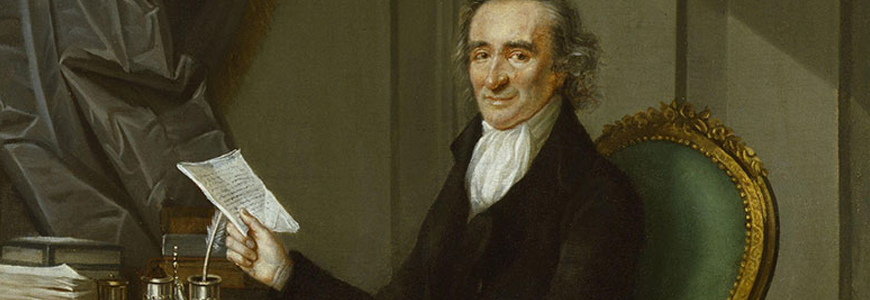The Quartering Act
The Quartering Act (May 15, 1765)
British officers who had fought in the French and Indian War found it hard to persuade colonial assemblies to pay for quartering and provisioning of their troops. Lieutenant General Thomas Gage, Commander in Chief of British North American Forces, asked Parliament to do something about it. Many colonies had supplied the troops with provisions during wartime, but this issue was now being debated during peacetime. The Province of New York assembly passed an act to provide for the quartering of British regulars, which expired on January 1, 1764.
Colonists Disputed the Act
The Quartering Act of 1765 went way beyond what Thomas Gage had requested. Of course, the colonists disputed the legality of this Act because it seemed to violate the Bill of Rights of 1689, which forbid taxation without representation and the raising or keeping a standing army without the consent of Parliament. The colonists wondered why the British troops remained in North America after the French had been defeated. The Quartering Act stated that Great Britain would house its soldiers in American barracks and public houses. And if the soldiers outnumbered colonial housing, they would be quartered in inns, alehouses, barns, other buildings, etc. 1,500 British troops arrived in New York City in 1766 and the New York Provincial Assembly refused to comply with the Quartering Act and refused to supply billeting for the troops; the British troops were forced to remain on their ships. For failure to comply with the Quartering Act, Parliament suspended the Province of New York’s Governor and legislature in 1767 and 1769. In 1771, the New York Assembly allocated funds for the quartering of the British troops. All other colonies, with the exception of Pennsylvania, refused to comply with the Quartering Act; this act expired on March 24, 1767.


